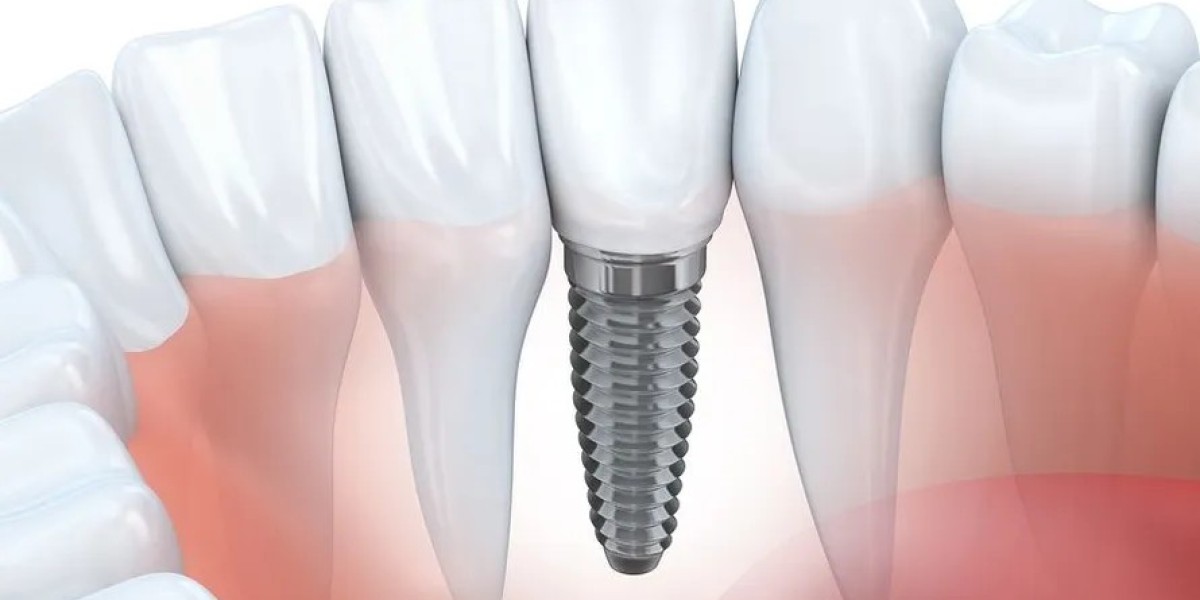Key Steps to Take Immediately After a Collision
After any auto accident, several important actions can significantly impact the success of a legal claim:
Ensure Safety and Medical Attention: Immediate medical evaluation is essential, even if no injuries are apparent. Some conditions may surface later.
Call Authorities: A formal police report provides a vital record of the event and serves as evidence.
Gather Evidence: Take photographs, collect witness information, and document any property damage.
Avoid Admitting Fault: Even a casual apology may later be interpreted as an admission of guilt.
Notify Insurance: Promptly report the accident to initiate the claims process.
When a Car Wreck Happens Close to Home
Experiencing a car wreck in tyler tx can be particularly disorienting due to the shock, local traffic laws, and insurance complexities. Victims may find themselves facing mounting hospital bills, repair costs, and uncertainty about missed work. In such cases, legal counsel often becomes necessary to interpret regional statutes, insurance policies, and potential liability issues. Local representation also means understanding the unique aspects of the jurisdiction where the accident occurred.
Common Causes of Vehicle Collisions
Many factors contribute to car accidents, and establishing the root cause is often a central aspect of legal claims. Common causes include:
Distracted Driving: Use of mobile phones, eating, or other distractions behind the wheel.
Speeding: Driving above legal limits or too fast for road conditions increases the risk of a serious crash.
Impaired Driving: Alcohol and drug use remain leading causes of preventable collisions.
Reckless Driving: Aggressive behaviors like tailgating or unsafe lane changes endanger everyone on the road.
Weather Conditions: Rain, fog, and ice can make roadways treacherous, especially when drivers fail to adjust their behavior.
Determining Liability in Auto Accidents
Injury claims depend on proving fault. Liability may fall entirely on one driver or be shared among multiple parties, depending on the circumstances. Factors such as road design, vehicle defects, or commercial vehicle ownership may also introduce additional responsible entities.
An investigation typically includes:
Review of police and accident reports
Witness statements and video footage
Vehicle damage assessments
Expert reconstruction of the accident scene
Once fault is established, legal counsel can pursue compensation from the appropriate party or parties.
Compensation Available to Accident Victims
After a crash, victims may be entitled to various forms of compensation. These typically fall into two categories: economic and non-economic damages.
Economic Damages
Medical expenses (past and future)
Rehabilitation and therapy
Property damage repair or replacement
Lost income due to inability to work
Reduced future earning capacity
Non-Economic Damages
Pain and suffering
Mental anguish
Loss of enjoyment of life
Loss of consortium in severe cases
Every case is unique, and the scope of compensation depends on evidence, the extent of injuries, and local laws.
The Role of Insurance Companies
While insurance is designed to provide financial protection, claimants often find that adjusters work to minimize payouts. Insurance representatives may:
Offer low initial settlements
Downplay injuries
Deny claims based on policy interpretations
To avoid accepting insufficient offers, accident victims frequently seek legal assistance to negotiate on their behalf or proceed to litigation when needed.
Statute of Limitations and Filing Deadlines
Legal timelines vary by state, but failing to act within the allowable period can result in forfeiture of the right to pursue compensation. These deadlines—known as statutes of limitations—are critical. In personal injury cases involving a car wreck, the clock typically starts ticking from the date of the incident. However, certain circumstances, such as delayed discovery of injuries or involvement of government entities, may alter these timeframes.
Long-Term Impact of Car Accident Injuries
Not all injuries heal quickly—or completely. Some conditions, like spinal trauma, traumatic brain injuries, or chronic pain, may affect victims for life. Beyond physical harm, the emotional and psychological toll of a crash often goes unnoticed but can be just as damaging. Anxiety, post-traumatic stress, or depression are common in survivors and should be considered when evaluating damages.
When to Consider Legal Representation
Legal guidance becomes especially valuable in cases involving:
Disputed fault or multiple parties
Serious or long-term injuries
Commercial or government-owned vehicles
Denied insurance claims
Unclear policy coverage
A qualified attorney can assess the viability of a case, manage communication with insurers, gather necessary evidence, and present a compelling claim. Skilled representation often results in more favorable settlements or successful courtroom outcomes.
Special Considerations in Commercial Vehicle Accidents
Crashes involving delivery trucks, rideshare services, or public transportation often introduce additional legal complexities. Commercial drivers are usually covered under corporate insurance policies and subject to federal regulations. Determining fault in these scenarios requires thorough review of:
Driver employment status
Vehicle maintenance records
Company safety protocols
Logbooks and fatigue reports
Such cases may involve significantly higher damages and more complex legal strategies.
Final Thoughts on Seeking Justice After an Accident
Recovering after a car accident involves more than physical healing. Financial, emotional, and legal recovery must also be addressed to ensure full justice is served. Victims should feel empowered to seek the compensation and accountability they deserve, particularly in cases where negligence played a role.
Careful documentation, prompt medical care, and legal support can help turn a devastating event into a manageable recovery journey. Knowledge of the legal process, rights as an injured party, and available compensation options serve as vital tools in moving forward.







